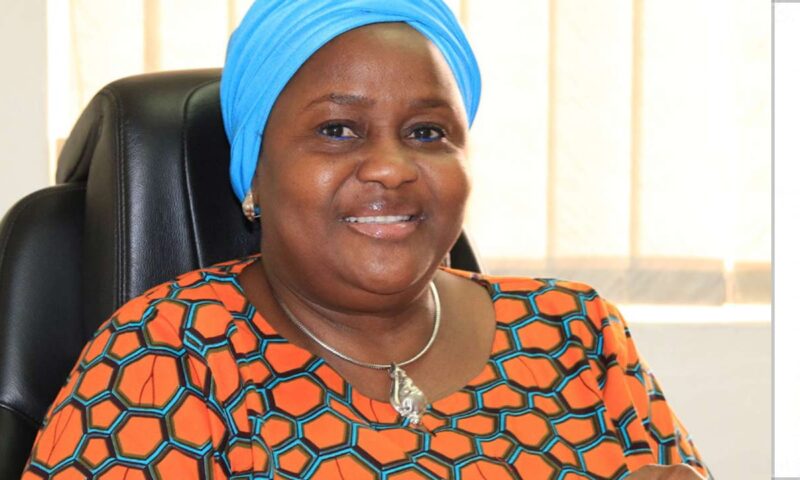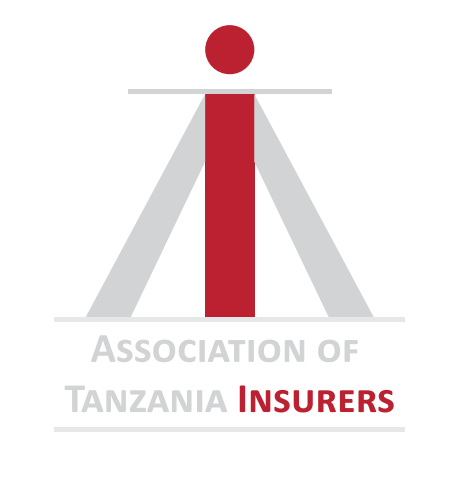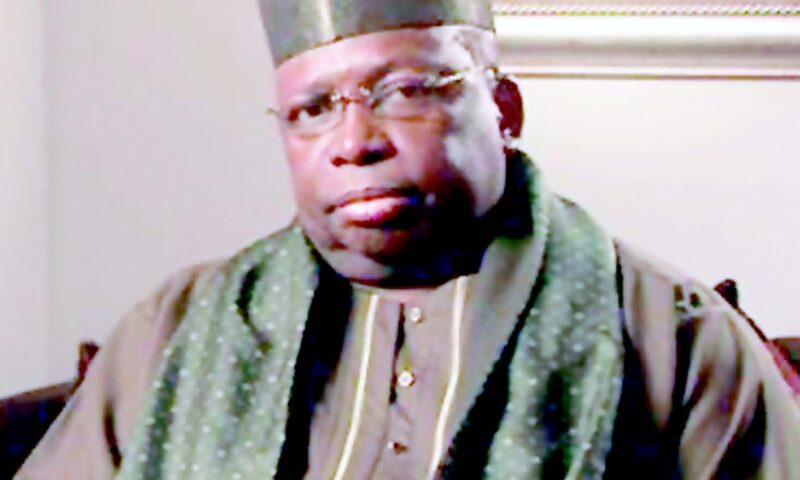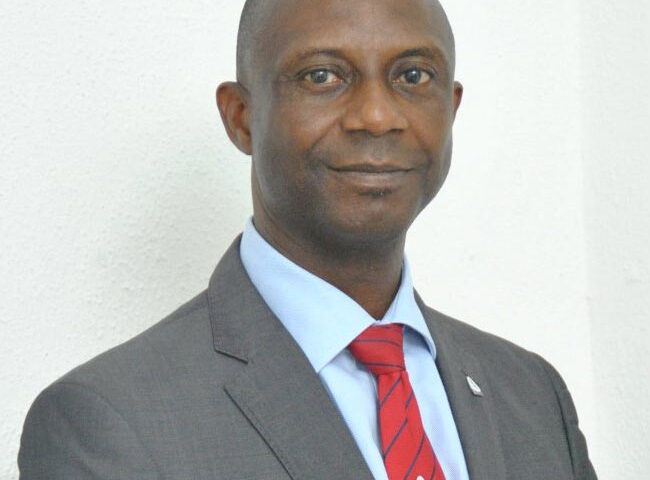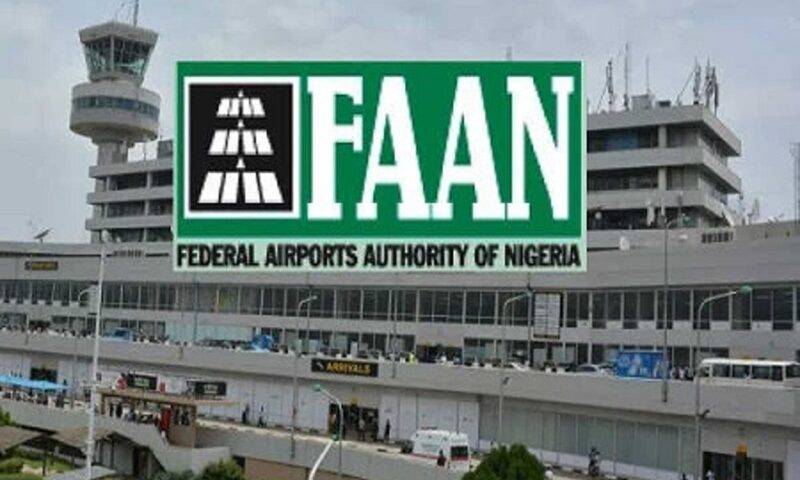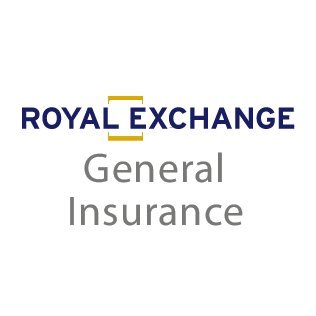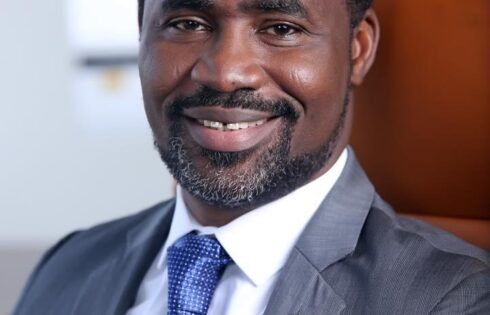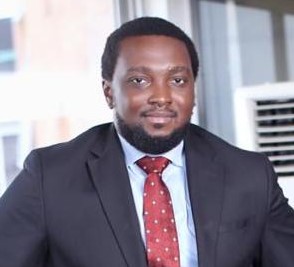By admin
Chief Dele Fajemirokun.is one of Nigeria’s 100 top billionaires but he does blow his trumpet. The story of how he breathed life back into the ailing business his father left behind and then proceeded to make a name for himself in the industrial sector is one that provokes awe.
The funny thing though is that this is one businessman that refuses to admit to being one. He prefers instead to be described as “an economist or director of business”.
Growing up and education
Unlike the general thinking that he was born into wealth, Oladele Fajemirokun was one of four children born at a time his parents still lived in a one-room rented apartment in Isale Eko. He lived in this apartment with his parents, siblings and a couple of relatives, and the ‘less than desired living conditions’ created an early hunger to better his lot.
As a child, he was quite restive and earned the nickname “Dele Times, Dele Trouble”. He noted in his autobiography that his father once regretted not including “suicidal” as his middle name, but Dele choose to describe his behaviour at this time as having a “positively deviant approach to life”. In spite of this, he was an intelligent child and even his teachers admitted that his vices did not take away from his brain.
Dele attended Gboluji Grammar School, Ile Oluji, Ondo State, and got his B.Sc in Business Economics from the University of Ife (now Obafemi Awolowo University). He also bagged a Doctorate from the University of Los Angeles, USA.
Fajemirokun says that he probably picked up trading from both of his parents who were traders, and his educational background in Business Economics also played its part.
Breathing life back into his father’s business
Dele Fajemirokun was 28 when his father died and somehow, had to deal with the expectations that it was time to step into his father’s shoes. His scant experience in his father’s business did not do much for his confidence as he had only worked as a “sweeper” in his father’s warehouse and a “tally clerk” in his clearing & forwarding company while he was a student. Thanks to his late father’s excellent and accurate record-keeping practice, Dele was quick to catch up. His father’s deputy took over as the chairman and managing director, while Dele became the Group Executive Director (GED) of Henry Stephens Group, comprising about 19 companies.
Though many people thought that he wholly inherited the business, Dele only took on more responsibilities after his father’s demise. His first business challenge came when he came to the reality that behind the scene of his father’s huge wealth (as was publicly perceived), his father had used all but one of his properties in Nigeria to guarantee huge loan debts he had with First Bank and Union Bank. In the face of this challenge, Dele was able to negotiate an additional loan of N200,000 from First Bank under the leadership of Chief Samuel Asabia, and injected a “new lease of life” into the group, paying off all the debts within the next ten years. By this time, some of the companies in the groups had gone under but, the Henry Stephens group remained.
The shrewd ‘businessman’
When the Nigerian federal government wanted to sell her shares in AIICO Insurance in the early 90s, Dele purchased the 11% stake in the company, making him the 2nd largest shareholder in the company after American Insurance Group (AIG). In this privatization exercise, the Federal Government did not want an individual or entity to get all of the shares, but Fajemirokun used 11 shelf companies to purchase 1% shares each and legally ended up with all of it.
He bid his time till about a decade later and purchased AIICO Bahamas’ 40% stake in the company, making him the largest shareholder in AIICO Insurance Plc. One noteworthy risk he took as Chairman of the board of AIICO Insurance, was using his main house as collateral to enable the company raise a draft of N650 million in 24 hours before the company’s license could be reissued by its regulator.
Dele Fajemirokun was one who would never let fear or anything get in the way of his business. At some time, he flew to war-torn Zagreb four or five times at the height of the Bosnia-Serbian war for business with “his personal supply of excellent whisky”. He has also had to weather through lots of business and personal challenges, in his journey of growing a multi-million dollar business.
Today, Dele Fajemirokun can be listed among Nigerian billionaires, and has interests and stakes in over forty enterprises in key sectors of the economy ranging from insurance to telecommunications, oil and gas, agriculture, and manufacturing.
In creating and growing his other businesses, Dele is known for taking advantage of his relationships and friendships from way back, to create outstanding business partnerships that minimises his risks in business and extends his rewards. Some of these companies are Aiico Insurance, Food Concepts and Entertainment (Chicken Republic/Butterfield Bakery), Johnson Wax (makers of Baygon & Raid insecticide), First Hydrocarbon Nigeria Ltd, Kings Guards Limited, FSS Gases, Multishield Limited, Xerox HS, Blue Chip Communications, DF Holdings Limited and many more.
In his autobiography, he recalled that the University of Ife was where he forged relationships with many friends who later became business partners. He described the friends/business partners as the “war council” and narrated how they casually purchased a plot of land without any clear idea of what to do with it, and fortune smiled on them when it snowballed into a high rise development in Banana Island.
A company approached them with a proposal to develop the land and offered to give them as owners of the land some units in the property once it was developed. That’s how Dele got a penthouse in the development when it was complete. No doubt, it is a business strategy that worked well for Fajemirokun and his friends.
Another thing that seems to be his style is building a business significantly and leaving the board while the ovation is loudest. A quick example of this is how he led Food Concepts Plc to establish over 60 chicken republic branches in Nigeria and Ghana as well nine bakeries, and then resigned from the board.
Becoming a billionaire
His autobiography – The makings of me – details more daring business ventures that he has embarked on over the years. One striking story is that of how he offered an American company, T-CAS, a bridging loan of N50,000 to stay afloat, but did this in exchange for 51% shareholding in the business and demanded that he be made the Executive Chairman. He then went on to stake his only piece of landed property as collateral to get the sum from the bank as a loan.
Shortly after, T-CAS was paid the millions of dollars it was owed by the Ministry of Communications, that had it struggling to stay afloat as a company. As majority shareholder, Fajemirokun got a whopping $11million. It almost sounds like a get-rich-quick scheme, yeah! but a legitimate one. His gamble on a company that had no guarantee of survival paid off. Overnight, Dele Fajemirokun became the billionaire he had always wanted to be and, at the young age of 29.
Other positions and interests
Outside his businesses, Fajemirokun has held various positions in the Nigeria Chamber of Commerce and Industry. He was the 4th President of the Nigerian Association of Chambers of Commerce, Industry, Mines and Agriculture (NACCIMA), the 6th President of the Lagos Chamber of Commerce and Industry and became the 1st President of the Federation of West African Chambers of Commerce.
He co-founded and became the founding President of the Nigerian-British Chamber of Commerce (NBCC) alongside Sir Adam Thomson, the then Chairman of British Caledonian Airways, now British Airways.
Fajemirokun has served as a member of the Board of Governors; as former President of Nigerian-American Chamber of Commerce (NACC); and as the Vice-President, Federation of Commonwealth Chambers of Commerce.

